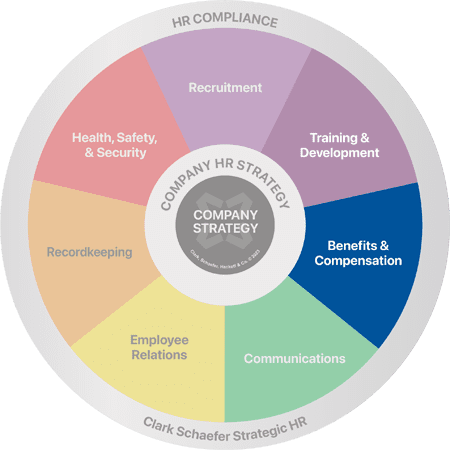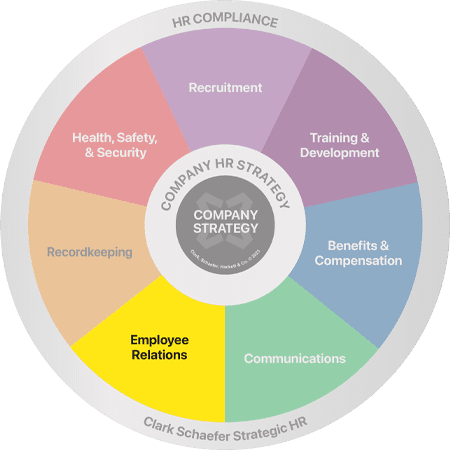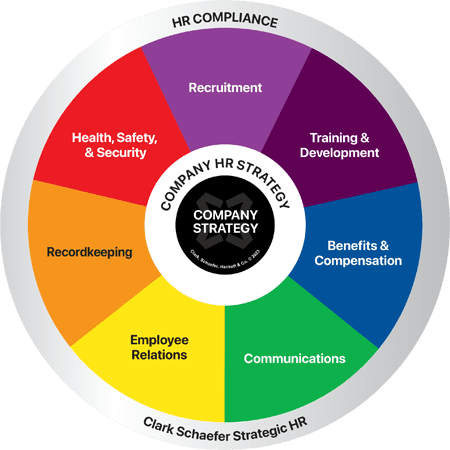Question:
What is an employer’s obligation when terminating an H-1B employee?
Answer:
Terminating an H-1B employee doesn’t have to be hard as long as you follow the rules. An interesting case came out this year on this very topic. It was in regards to a company that sponsored an H-1B professional. The petition was approved, but the company chose not to hire the foreign worker after all and terminated him. Unfortunately the employer did not offer to pay for the employee’s travel home. The foreign national paid their own way home and left the country.
Two years later USCIS learned of the termination and canceled the H-1B. USCIS then found the company liable for back wages for the entire period, despite the fact that the employee had found another job.
Had the original company:
- Provided written notice to the foreign national of termination,
- Provided written notice to USCIS of the termination as soon as possible after the termination stating the date of termination, and
- Provided a letter of termination to the foreign national (preferably to sign) offering to pay for the cheapest flight back to the foreign national’s home country within a reasonable amount of time…
The company would have been on the hook for nothing if they had provided these things (instead of two years worth of wages).
All three elements must be met in order for the employer to get off the hook for back wages. Just as a point of clarification, in point 3, an employer’s obligation is to pay for a flight for the foreign national employee within a “reasonable” amount off-time, not necessarily the next flight out to their home country. This will allow the employer to save money on the ticket and the foreign national time to pack and settle issues such as lease agreements or car payments.
An important side note is that the offer of payment for travel does not extend to the family of the employee. Also, the offer of travel expenses need not be accepted by the foreign national. Therefore it is best to have them sign a letter of termination that notes whether the foreign national accepts or rejects the offer to pay for travel. This is the safest course given this decision.
Thank you to Christopher Pogue with Hammond Law Group for this response. This advice is intended for general information purposes, and should not be relied upon in individual cases. Please contact attorney Christopher Pogue with the Hammond Law Group at (513) 549-4420 or cmp@hammondlawgroup.com for legal analysis of specific situations.
NOTE: There is no charge for an initial consultation with Christopher Pogue if you reference that you were referred by Strategic HR
Strategic HR knows that keeping abreast of HR Compliance issues can be daunting, especially when the laws keep changing. We can help you stay compliant by offering resources to help you identify and mitigate compliance issues, such as our HR Audit which helps identify trouble spots in your HR function.




